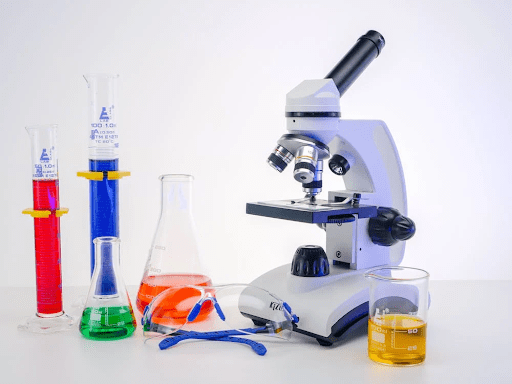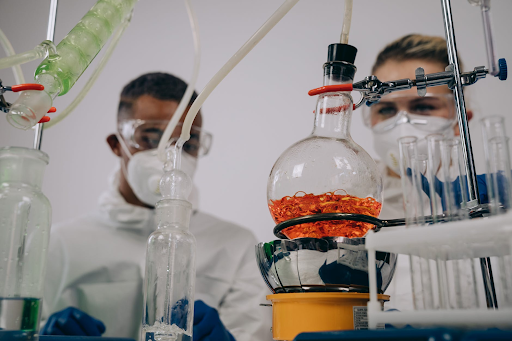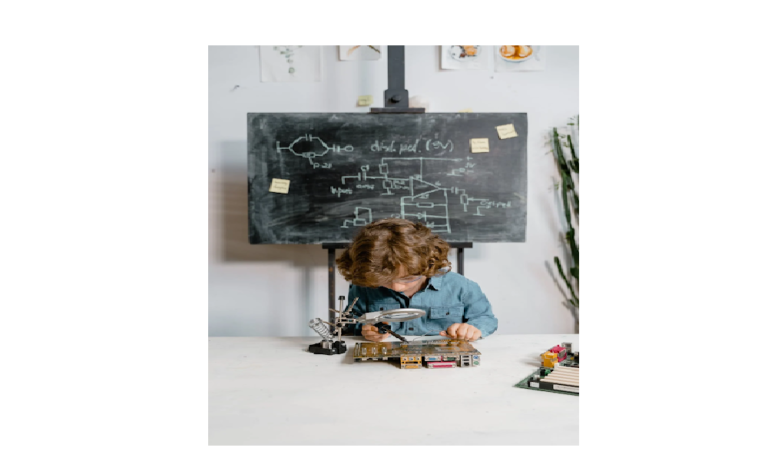As children advance further in their school, they are exposed to a variety of different subjects, some more enjoyable than others. Chemistry is definitely one of those subjects that may seem challenging to crack, but it does not have to be. With the different chemicals, potions, and reactions, there are different ways to make chemistry fun yet educational for your child.
While the theory behind this magnificent science can be taught via school books and in the classroom, real-life demonstrations aided by visual examples are the best way for children to learn and comprehend chemistry. You can even become part of the process by coming up with different ways you can learn chemistry with your children. By infusing an element of play with learning, your child is bound to grasp the concepts much faster.
Confused about where to begin? Here are our top picks of fun ways you can learn chemistry with your children.
Take online courses together
Depending on your child’s grade level, there is plenty of aid available online that can help your child get some extra support in school. Depending on the country you live in and your child’s academic level, you can easily find suitable material tailored to your child’s needs.
For example, if you live in Canada, you need to simply go online and look up “grade 12 chemistry online Ontario”, and get access to some brilliant content. From fun lessons to cool science experiments, the internet has it all. You can make this a fun activity with your child by going through various video tutorials and experiments together and then quizzing each other on the learnings.
Buy a chemistry set

While your child may be using test tubes and beakers at school or in the lab, there are ways in which you can bring the fun and play home. The best way to do this is by investing in an entertaining chemistry set for your child.
By including a chemistry set in your child’s arsenal of educational toys, you will help them learn and understand that the subject can be fun and not just difficult. Once you have the basics such as a microscope, lab coat, test tube, and beakers in place, set it all up on a desk to create a science lab environment. Based on your child’s level, you should ensure that what you have bought is safe to use and always let your child use it under your supervision.
Conduct science experiments together

While reading about gases, solids and liquids is okay in theory, seeing the practical and everyday implications of chemistry is a different ball game altogether. To make your child understand chemistry easily, one of the best activities to do together is to run easy science experiments together.
Depending on how advanced your child is, you can easily find a list of simple experiments that can be conducted using a few basic chemicals and materials. If you already own a chemistry set, that’s even better. Remember to involve your child in each step and let them do it themselves so that they feel involved and learn better.
You should start with simple ones that you understand so that you are equipped to answer their burning questions. Some examples of fun science experiments include making a volcano erupt, cleaning out some coins, running PH tests using litmus paper, and so much more.
Keep their curiosity alive
To supplement what your child is learning in the classroom, you can help them enjoy chemistry by igniting your child’s curiosity. You can start by showing your child how chemistry plays a role in everyday phenomena and demonstrate such cases in exciting ways. You can even teach the important names in chemistry by highlighting the importance of their discoveries.
This is a great activity to do together as long as you remain enthusiastic with your child in order to keep them engaged. You can even take them to science fairs and museums so that they get more information and a closer look at how chemistry works. Such places are often equipped with stations that allow children to do activities together. Not only do such activities widen your child’s imagination but spark excitement and curiosity for the subject.
Parting thoughts
Learning chemistry is vital, but it does not have to be limited just to the classroom. In fact, by making it fun, you will help your child learn concepts and theories much faster than if they just relied on textbooks and in-class demonstrations. By doing such activities together, you will not only bond with your child over something constructive but will sharpen your concepts. A win-win situation!



Comments are closed.